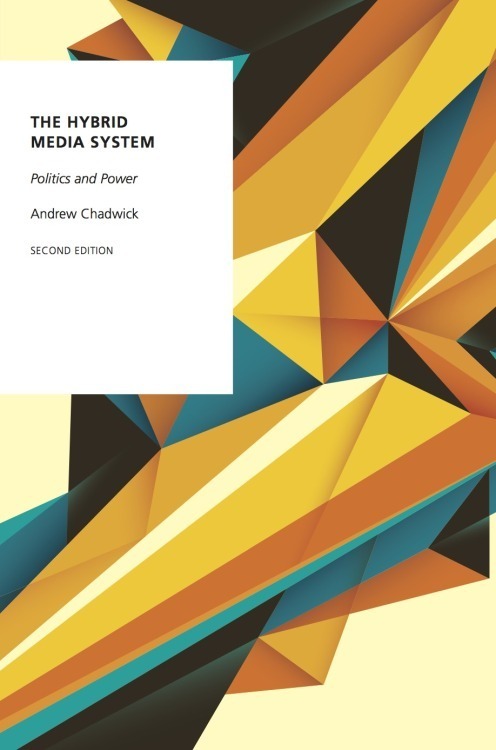New Article: Online Misinformation and Everyday Ontological Narratives of Social Distinction
/Hot off the press… the latest publication from the Everyday Misinformation Project, out now in Media, Culture & Society.
Dr Natalie-Anne Hall took the lead on this latest article.
The Challenge
Most research into online misinformation has investigated its direct effects—the impact it may have on citizens’ beliefs and behaviour. Much less attention has been paid to how citizens themselves make sense of misinformation as a broader social problem. Such attitudes are likely to shape how people respond to anti-misinformation interventions, so it is worth paying attention to them.
What We Did
In this article we integrated some select theories of narrative, identity, cultural capital, and social distinction to examine how people construct the problem of misinformation and their orientation to it.
We show how people engage in what we term everyday ontological narratives of social distinction. These narratives involve a variety of discursive moves to position one’s “taste” in information consumption as superior to others constructed as lower in a social hierarchy. This serves to enhance social status by separating oneself from misinformation, which is presented as “other people’s problem.”
We argue that these narratives have significant implications not only for citizens’ vigilance toward misinformation but also their receptiveness to interventions by policymakers, fact-checkers, news organizations, and media educators.
Why We Followed This Line of Analysis
During the Everyday Misinformation Project’s first and second phases—the two waves of qualitative interviews interspersed with respondents’ examples of misinformation they sent us using our customized mobile app—we frequently noticed how many participants used their personal experiences and characteristics to narrate their orientations to the social problem of misinformation.
But these narratives were seldom neutral; they were often coloured by specific goals. They were used to demonstrate personal resilience. Among our participants, these narratives had common themes: the importance of a “good” upbringing; the acquisition of formal education; the possession of “natural,” “innate” personal qualities such as diligence; the cultivation of “savvy” media consumption routines; personal self-help and improvement over time; and, in some cases, a “critical outsider” orientation to science, public institutions, and professional news organizations.
When it comes to misinformation, these everyday ontological narratives of social distinction enable some people to signal their social status by differentiating themselves from others in society they consider less resilient than themselves.
The kinds of discursive moves we have identified in this study deserve greater attention. Future research could investigate their consequences in more detail, including whether they could become a significant long-term barrier to reducing online harms.
Special thanks…
We first presented these ideas to the American Sociological Association Communication, Information Technologies, and Media Sociology Section’s Symposium, part of the American Sociological Association Annual Meeting in August 2022, and then to the International Communication Association Annual Conference in Toronto in May 2023.
Further Information
You can read the study (free, open access) at the journal website.




